A Groundbreaking Premiere at the 45th Cairo International Film Festival As the only Egyptian film in competition at the 45th Cairo International Film
A Groundbreaking Premiere at the 45th Cairo International Film Festival
As the only Egyptian film in competition at the 45th Cairo International Film Festival, “Spring Came on Laughing” by debut director Noha Adel made a resounding impact with its raw portrayal of Egyptian women’s lives. Combining humor, tragedy, and a vibrant visual palette, the film invites audiences into a world where secrets unravel amid the rhythm of seasons and blooming flowers.
The film’s episodic structure, with vignettes tied to the months of the year, presents a striking exploration of relationships, societal pressures, and emotional vulnerability. It stands as a bold testament to the complexities of Egyptian women, told with a voice both intimate and unflinchingly honest.
Noha Adel: A Blossoming Talent
Unlike many directors who embark on their cinematic journeys early, Noha Adel found her calling later in life. Having spent years in an office job, she discovered her passion for filmmaking in her late forties through a casual three-month directing workshop.
“It was just for fun because I’ve always loved cinema as a viewer. My graduation project, made in a day with family and friends, unexpectedly found its way to international festivals. That was when I thought: why not pursue this seriously?”
Adel’s late entry into the industry gives her storytelling a uniquely mature perspective, drawing deeply from personal experiences and keen observation. With several short films under her belt, she brought a lifetime of wisdom and insight to her debut feature.
A Collaborative Effort with Kawthar Younis
To bring her vision to life, Adel teamed up with producer and fellow filmmaker Kawthar Younis, whose short film “Sahbety” gained acclaim at the 2022 Venice Film Festival. Younis played a dual role in the project, both as producer and as an actor, portraying a disruptive bridesmaid whose antics spark chaos during wedding preparations.
“She told me I could be very provocative, and that’s why she cast me,” Younis laughs, reflecting on her on-screen role.
Younis also handled fundraising and logistics, shielding Adel from distractions and enabling her to focus entirely on storytelling. The production spanned three years due to extended rehearsals and a unique shooting schedule dictated by the blooming cycles of various flowers, which serve as symbolic anchors in the film.
Flowers as Silent Narrators
A distinctive feature of “Spring Came on Laughing” is its reliance on seasonal blooms to reflect the story’s emotional arcs. Each vignette revolves around a specific flower:
- Bougainvillea, blooming in April, highlights pivotal moments.
- Red roses, central to scenes in May and June, symbolize passion and conflict.
- Pink lilies, used in the bride’s bouquet in March, signify renewal and hope.
“We scheduled our shoots not around actors, but flowers,” Younis explains, underscoring the symbolic role nature plays in the narrative.
A Tapestry of Stories
The film unfolds in episodic vignettes that explore the lives of Egyptian women, each tied to the months of the year. From friendships unraveling over trivial disputes to dramatic accusations of theft, the stories shine a light on women’s capacity for both solidarity and harm.
One particularly poignant subplot involves a manicurist accused of stealing from a salon client—a scene inspired by a real-life incident witnessed by Adel.
“I weave reality with fiction to create a cinematic tale. These stories are fragments of my own life or those of people I’ve known,” Adel explains.
Men as Shadowed Figures
While the film focuses primarily on women, men are a constant presence in absentia—spoken of as unreliable sons, unfaithful husbands, or would-be fiancés. Their absence allows the narrative to delve deeper into women’s inner worlds, examining the ways they navigate societal expectations and personal relationships.
Adel, however, hints at a different focus for her next project:
“My next film will be a winter’s tale, set at night, and centered on men’s fears. While this was about women’s secrets, the next will explore what men are afraid of.”
Adel’s Unscripted Approach
Adel’s unique directing style is rooted in spontaneity and authenticity. After months of rehearsals, she encouraged her actors to immerse themselves fully in their characters. Filming was often limited to one or two takes, allowing moments of raw, unscripted emotion to shine through.
“We rehearsed enough. I told my actors, ‘You are your characters now. I’ll follow you with the camera. If it’s not perfect, it’s still real,’” Adel shares.
This approach, coupled with her use of non-professional actors from her own social circle, lends the film a naturalistic and deeply personal quality.
Themes of Growth and Renewal
The cyclical nature of the seasons parallels the emotional journeys of the film’s characters. Themes of growth, decay, and renewal permeate the narrative, reflecting the ebb and flow of human relationships. By centering the story around women’s secrets and their often-overlooked struggles, “Spring Came on Laughing” offers a poignant commentary on the resilience and complexity of its characters.
A Bold Step for Egyptian Cinema
As a debut feature, “Spring Came on Laughing” is a remarkable achievement. Its bold storytelling, unconventional production process, and emotionally resonant themes mark Noha Adel as a director to watch. The film’s inclusion in the 45th Cairo International Film Festival highlights the strength of Egyptian cinema and its ability to tell stories that resonate on a universal scale.
Stay Updated with TheWorldScreen.com
Follow TheWorldScreen.com for exclusive updates on “Spring Came on Laughing” and other cinematic gems from the Cairo International Film Festival. From filmmaker interviews to global festival insights, stay connected with the pulse of world cinema.
Sari Albeder – Cairo International Film Festival 2024 – #CIFF45
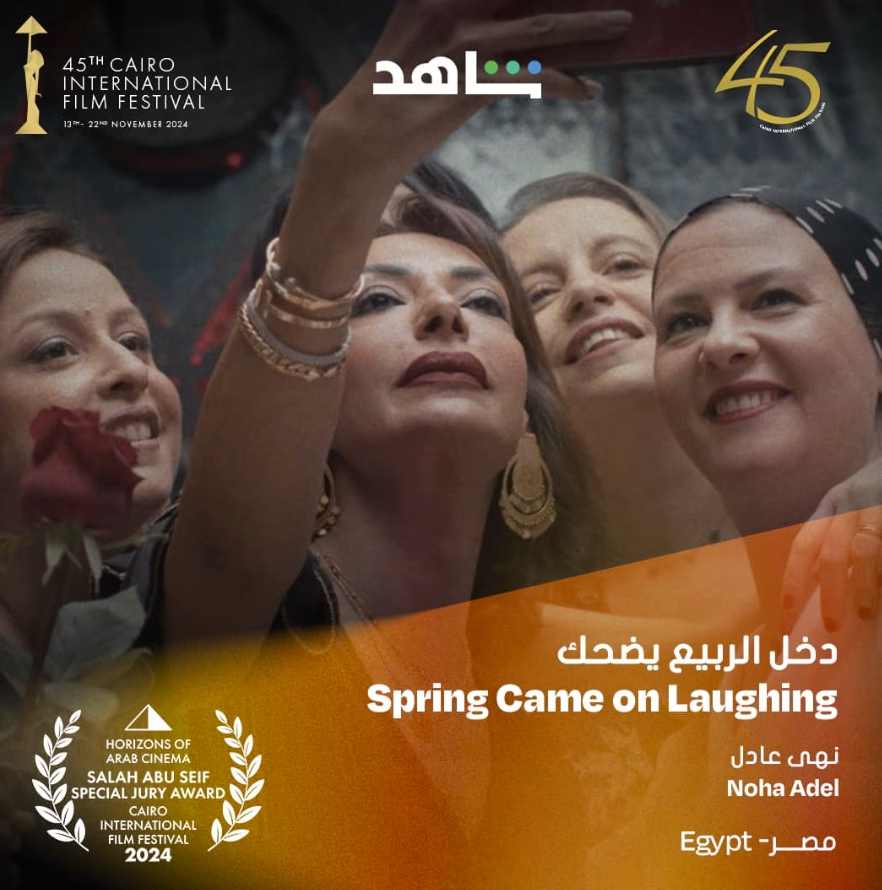
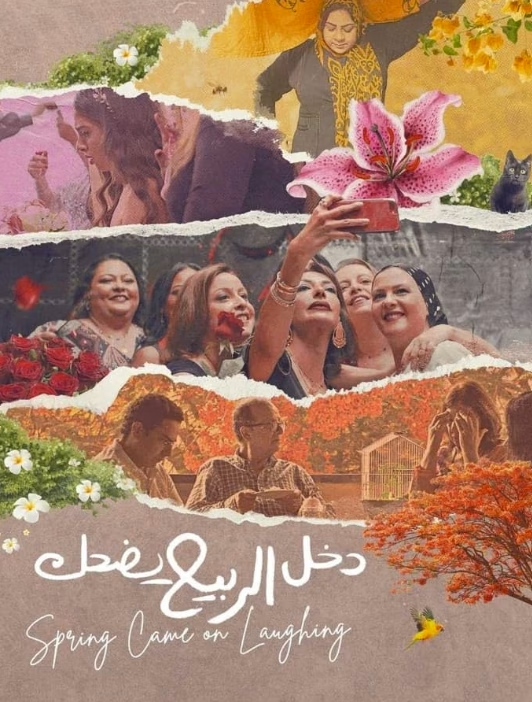
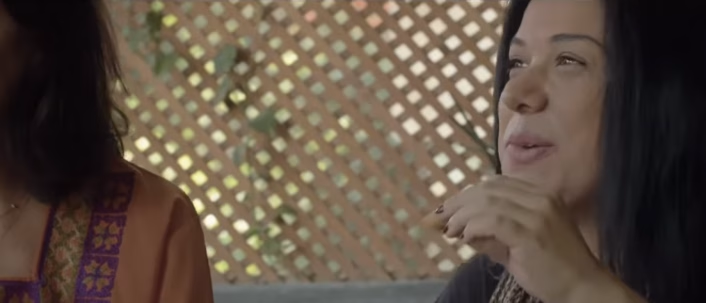

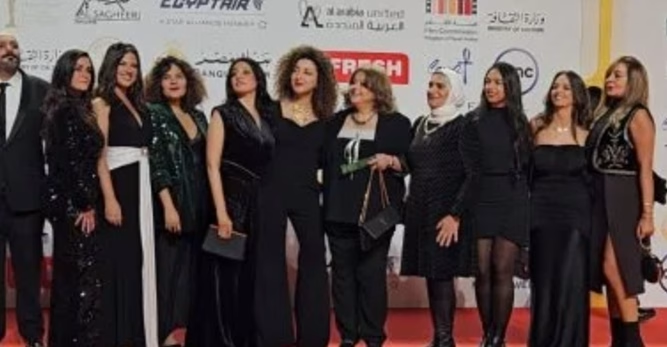
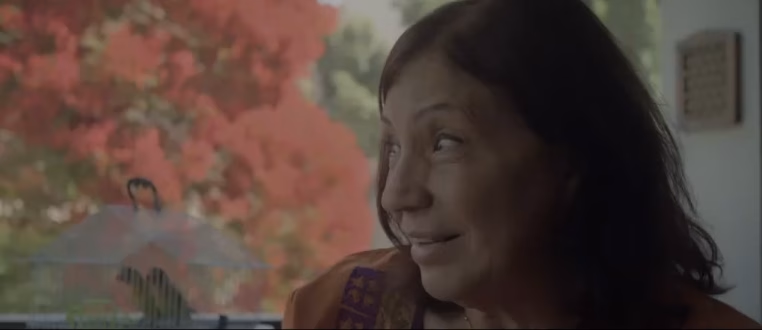
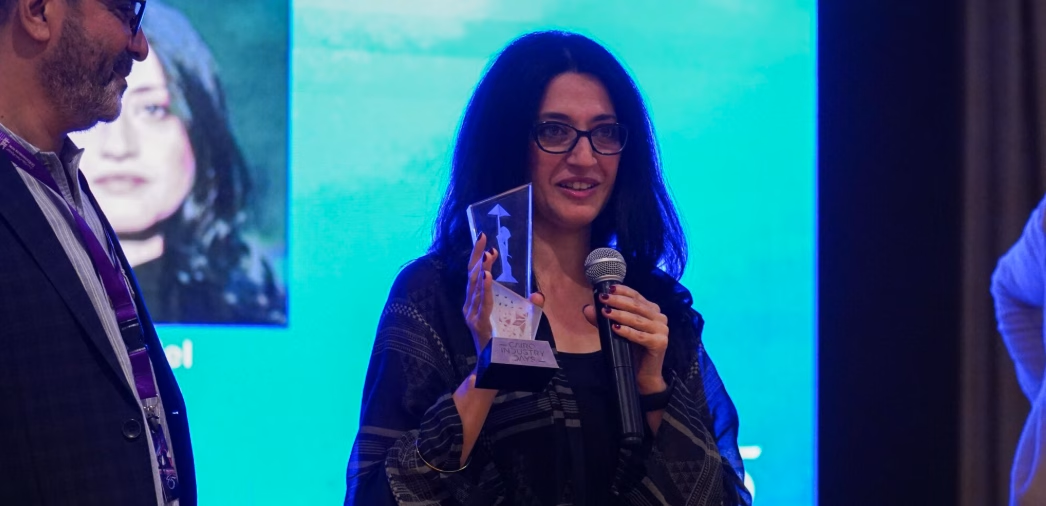


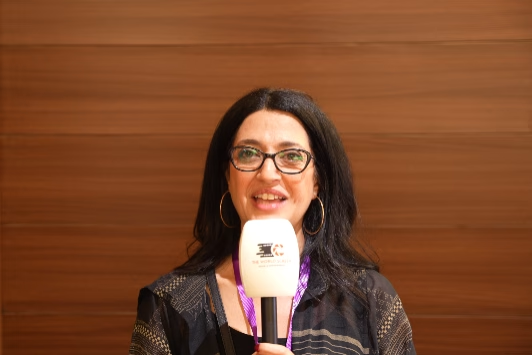
COMMENTS